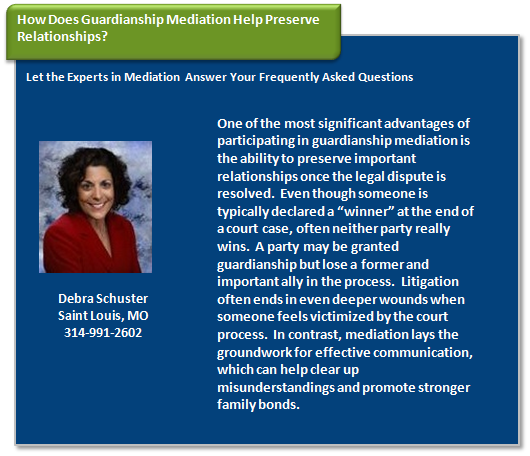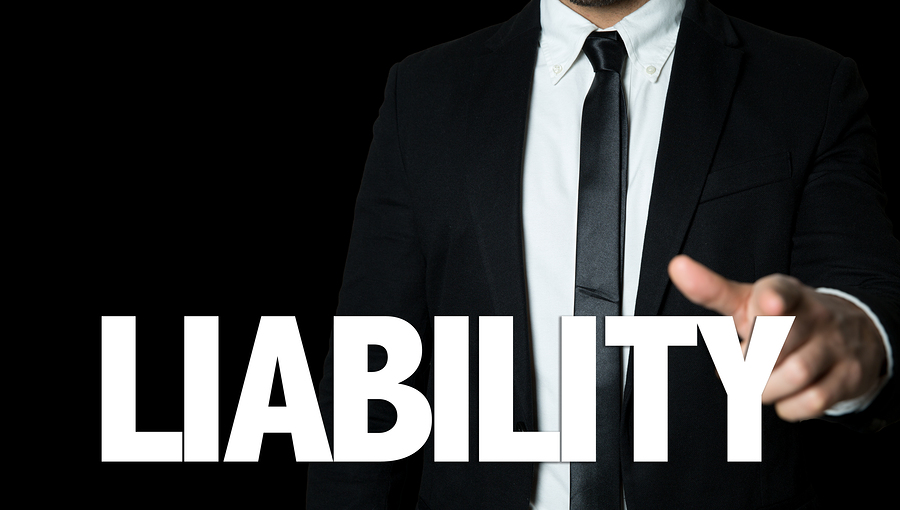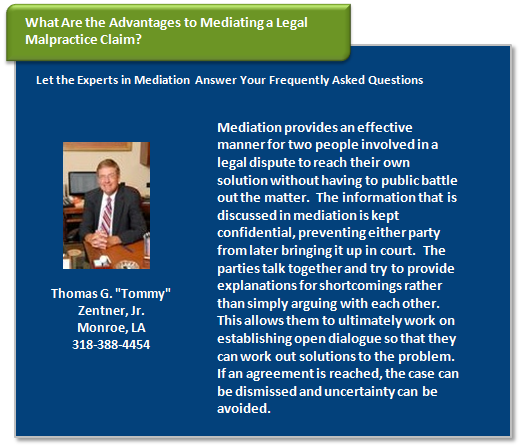 Trusts and estates disputes may arise for a number of reasons. A will may not be clear regarding which person receives what under the will. When assets are said to be divided among the children, this can create conflict as different items have different significance to the children. Because people tend to want to avoid conversations about death, will may not provide adequate details and people may not talk to their children or other beneficiaries before passing. This can make some parties believe that the testator was influenced by someone who benefited greater by the will. This can lead to a will contest in many situations.
Trusts and estates disputes may arise for a number of reasons. A will may not be clear regarding which person receives what under the will. When assets are said to be divided among the children, this can create conflict as different items have different significance to the children. Because people tend to want to avoid conversations about death, will may not provide adequate details and people may not talk to their children or other beneficiaries before passing. This can make some parties believe that the testator was influenced by someone who benefited greater by the will. This can lead to a will contest in many situations.
When such a contest is apparent, the parties may choose to go through mediation to prevent litigation. Mediators are skilled professionals who are experienced with dealing with complicated family dynamics, including sibling rivalry or the involvement of in-laws. They use this experience to gain trust in each individual party. They explain that the process of mediation allows the parties to retain the power to make decisions that are important to them rather than handing over this power to a judge or jury.
A mediator funnels information and settlement offers back and forth between the parties. During this time, the mediator will get to realize the parties’ interests better and use this information to offer suggestions about how these interests can be met. In cases involving wills, the issue may be more about wanting to feel equally loved by the decedent or wanting to keep an item of greater emotional value that really connects with him or her. Mediation can allow for flexible compromises, such as letting one sibling have possession of a painting for a number of years and then passing it to the next sibling for several years. This process allows the parties to create customized solutions to their problems.







 Professional liability cases involve claims that someone has violated their professional duty. This may be a lawyer who violated confidentiality requirements, a physician who committed medical malpractice, an accountant who provided bad information or a financial advisor who violated a fiduciary duty, among others. When such issues arise, a lawsuit may be imminent. However, there are alternatives available, namely through the use of ADR solutions.
Professional liability cases involve claims that someone has violated their professional duty. This may be a lawyer who violated confidentiality requirements, a physician who committed medical malpractice, an accountant who provided bad information or a financial advisor who violated a fiduciary duty, among others. When such issues arise, a lawsuit may be imminent. However, there are alternatives available, namely through the use of ADR solutions.